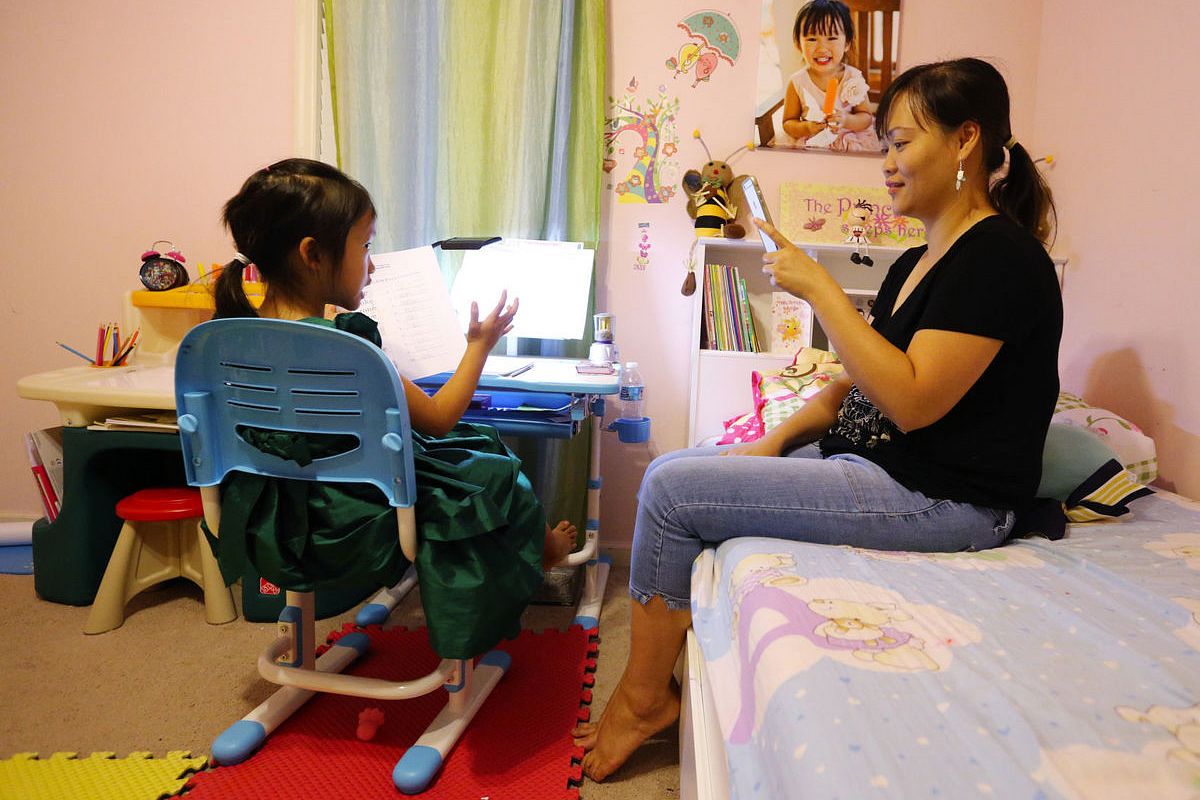With its elderly population increasing by a half-million people each year, Vietnam is on the fast track to becoming an aged nation.
Though the country is currently in the midst of a golden age – for every pensioner in Vietnam, there are currently seven working-age people, according to research from the UK government – this ratio will begin to change in 2017, as Vietnam's over-65 population is expected to double to 14% of the overall population. By 2050, there will be just two working-age citizens for every Vietnamese pensioner.
As both birth and death rates in Vietnam decline, this increase in elderly people is expected to put a strain on the country's healthcare system, reports Saigon Giai Phong. The news outlet cited Vietnamese government statistics, noting that 76% of the country's overall population currently possesses health insurance while only 60% of elderly citizens are health insurance holders.
Given the increased likelihood of illness among citizens over 60, low rates of health insurance ownership are particularly troubling for national health officials. Last year, Dr. Mai Xuan Phuong of the General Department of Population and Family Planning estimated that as many as 95% of elderly people were grappling with some kind of chronic disease.
Vietnam is certainly not alone in this dilemma. A 2015 World Bank report singled out East Asia and the Pacific as a rapidly aging region whose healthcare and financial systems could be damaged by such drastic changes in population.
However, where developed nations such as Japan and South Korea have strong financial systems in place, the same report also found that in Vietnam poverty rates among elderly citizens tend to rise above the national average. One Thanh Nien article published late last year reported that over 70% of elderly Vietnamese must both work to support themselves and receive additional financial support from their children.
“The healthcare and social welfare systems have not met the demand,” Dr. Phuong from the General Department of Population and Family Planning told Thanh Nien. “Besides, not many old people understand their social welfare rights.”
In Vietnam, government support currently supplies citizens over the age of 80 with between VND80,000 – VND180,000 a month, according to Thanh Nien – hardly enough to cover a person's basic needs.
For now, health officials are working to close the gap between Vietnam's percentage of overall health insurance users and its elderly citizens, however there will be more to accomplish in future if the country is to care for its aging population.















